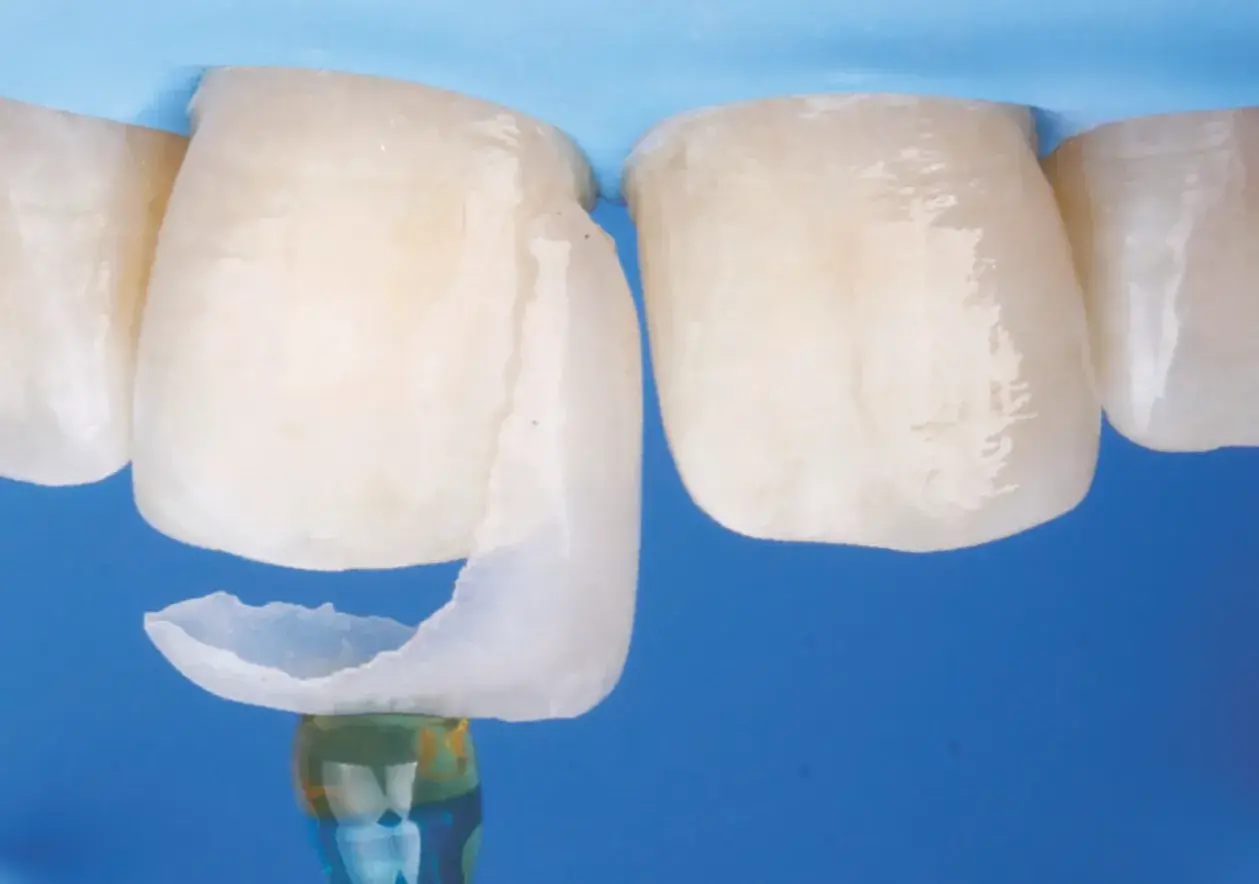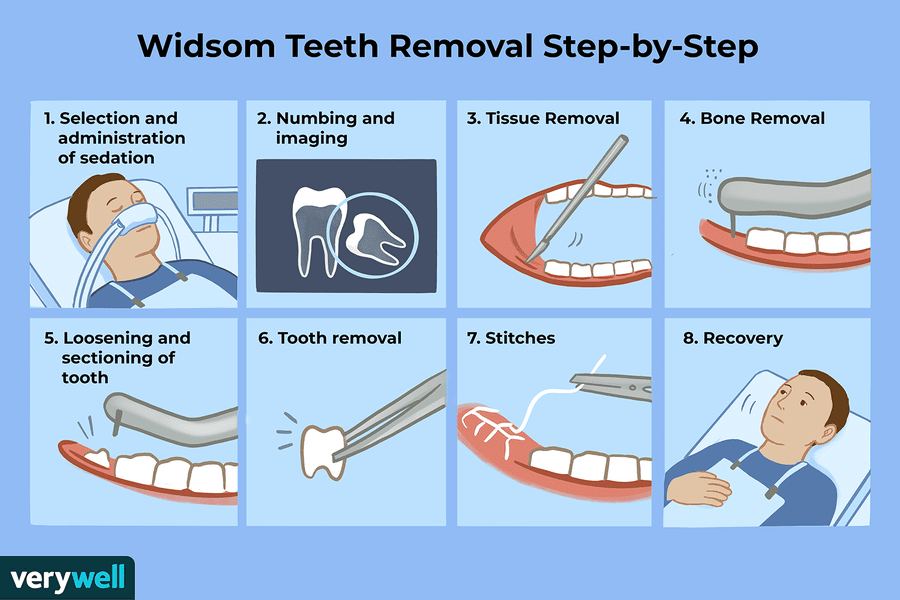This post is also available in:
简体中文 (Chinese (Simplified))
繁體中文 (Chinese (Traditional))
Dental implants have become a popular and effective solution for individuals looking to replace missing teeth. They not only restore the appearance of a natural smile but also offer functional benefits that enhance overall oral health. This guide aims to provide a comprehensive overview of the dental implant process, from the initial consultation to the final placement, ensuring that you have all the information needed to make an informed decision.
The Dental Implant Process: A Step-by-Step Guide
The journey to a restored smile begins with a thorough evaluation by a dental specialist. During this initial consultation, your dentist will assess your oral health, discuss your medical history, and determine if you are a suitable candidate for dental implants. If you are deemed a good candidate, the process typically involves two main steps:
- Extraction of Teeth (if necessary) and Placement of Dental Implants
- The first step involves the extraction of any damaged or decayed teeth, if required. This is followed by the placement of the dental implant, which is a titanium post that is surgically inserted into the jawbone. The titanium material is biocompatible, meaning it is well-tolerated by the body and does not trigger allergic reactions.
- To ensure a comfortable experience, local anaesthesia is commonly used during the surgery. For patients who are more anxious or require multiple implants, intravenous sedation may be an option. The dental team at Specialist Dental Group works closely with anaesthetists to provide a stress-free and painless procedure.
- After the implant is placed, a temporary tooth may be provided to help you maintain your appearance and function while the implant integrates with the bone.
- Healing and Final Replacement Tooth
- The healing process typically takes about 3 months, during which the implant fuses with the jawbone through a process called osseointegration. This integration is crucial for the long-term stability and success of the implant.
- Once the healing period is complete, the final replacement tooth, often made of zirconium, is seated. Zirconium is a durable and aesthetically pleasing material that closely resembles natural teeth. The final step marks the completion of the treatment, and you can enjoy a fully restored smile.
Advantages of Dental Implants
Dental implants offer several advantages over other dental restoration treatments, such as dentures and bridges. Unlike dentures, which can be uncomfortable and may slip, dental implants are fixed in place and provide a stable and natural feel. They also help prevent bone loss in the jaw, which can occur when teeth are missing. This preservation of bone structure helps maintain a youthful appearance and supports the overall health of your mouth.
Another significant benefit of dental implants is that they do not require the alteration of adjacent healthy teeth, which is often necessary with dental bridges. This means that your natural teeth remain intact, reducing the risk of future dental issues.
Cost and Ongoing Care
The cost of dental implants can vary depending on the number of teeth being replaced and the complexity of the case. While they may be more expensive upfront compared to other options, the long-term benefits and durability of dental implants often make them a cost-effective choice. Regular dental check-ups and good oral hygiene are essential for maintaining the health and longevity of your implants. Proper care can help ensure that your dental implants last a lifetime.
Suitability for Different Age Groups
Dental implants can be suitable for both younger and older patients, provided they have good overall health. However, certain medical conditions may affect eligibility. Patients with uncontrolled diabetes, cancer, uncontrolled periodontal diseases, or a history of radiation to the jaws may not be suitable candidates. It is important to discuss your medical history and any concerns with your dental specialist to determine if dental implants are the right choice for you.
Gum Disease and Periodontitis
To be considered for dental implants, patients must have a healthy mouth with no untreated tooth decay or active periodontal disease. Periodontitis, a severe form of gum disease, can compromise the success of dental implants. If implants are placed in the presence of active periodontitis, there is a risk of infection and failure. Good plaque control and regular follow-up appointments are essential for the long-term success of dental implants.
Chipped Teeth and Teeth Grinding
For individuals with chipped teeth, various treatment options are available, including fillings, composite bonding, crowns, and veneers. The choice of treatment depends on the extent of the damage and the patient’s preferences. Teeth grinding, or bruxism, can cause significant damage to teeth and lead to other issues such as headaches and sore facial muscles. It is important to address the underlying causes of teeth grinding and seek professional help from a dentist or dental specialist to prevent further damage.
Selecting the Right Dental Specialists
Choosing the right dental specialists is crucial for ensuring a successful and stress-free experience. Specialist Dental Group offers a team of internationally qualified dental specialists with over 200 years of collective experience. Their expertise spans six specialty areas of dentistry, and they work collaboratively to provide a comprehensive approach to dental needs. They also work closely with other medical specialists to manage treatment needs for medically compromised patients, ensuring that all aspects of your health are considered.
Conclusion
Dental implants are a reliable and long-lasting solution for replacing missing teeth. They offer numerous benefits, including a natural appearance, improved function, and the preservation of jawbone health. By following the steps outlined in this guide and maintaining good oral hygiene, you can enjoy a restored smile that lasts a lifetime. If you are considering dental implants, consult with experienced dental specialists to discuss your options and ensure the best possible outcome.



